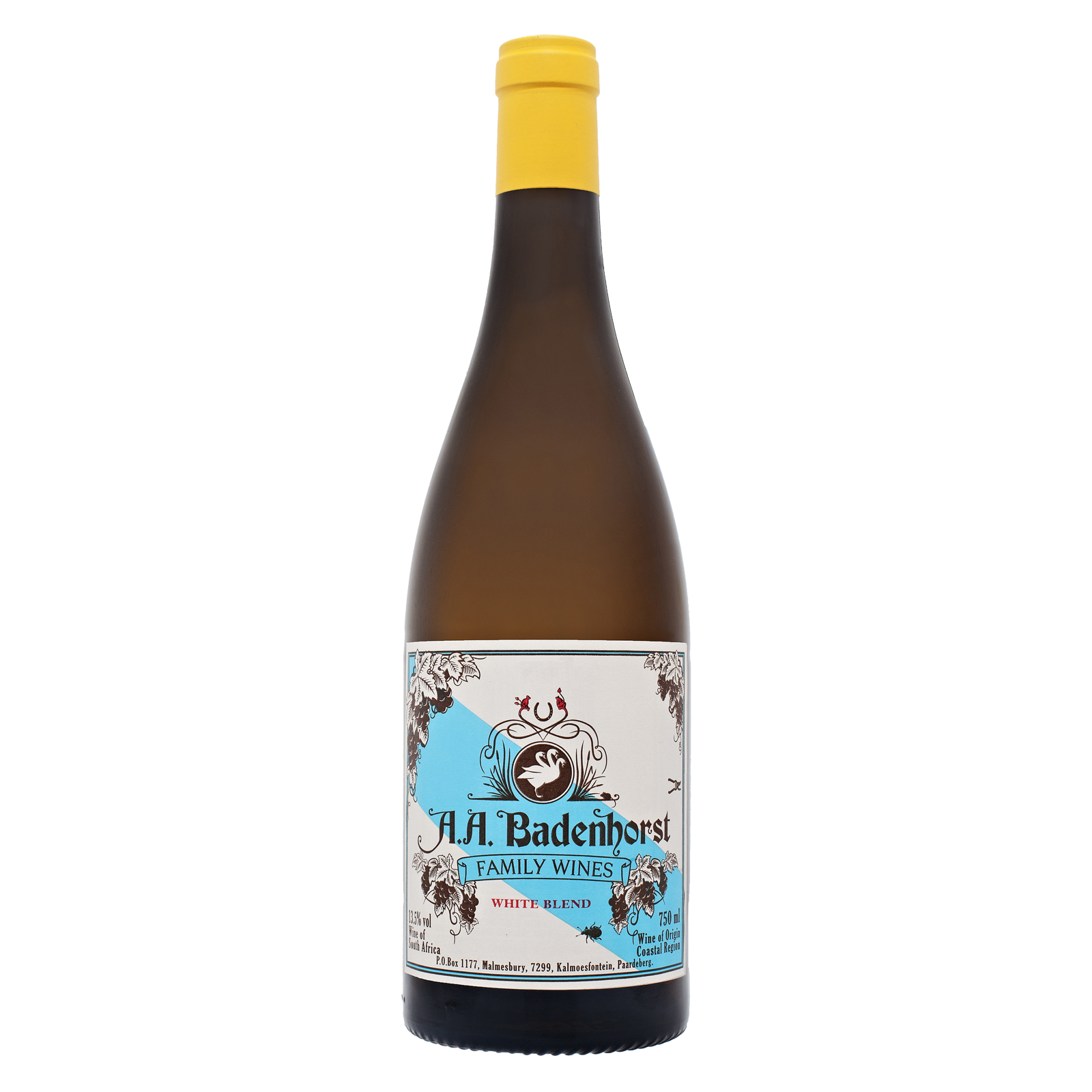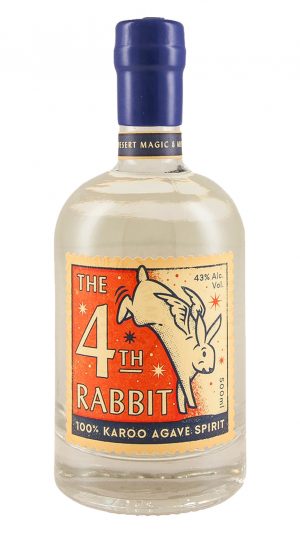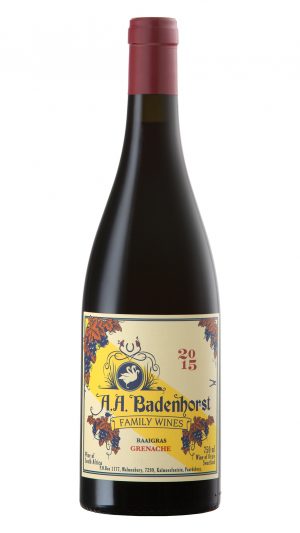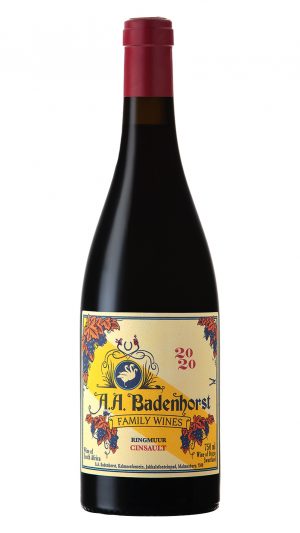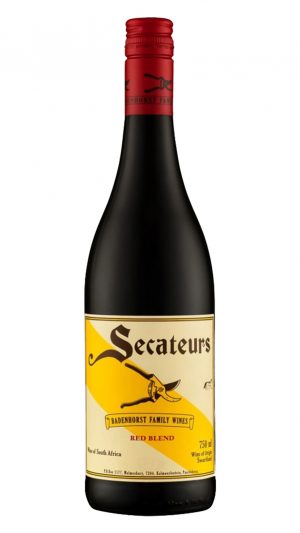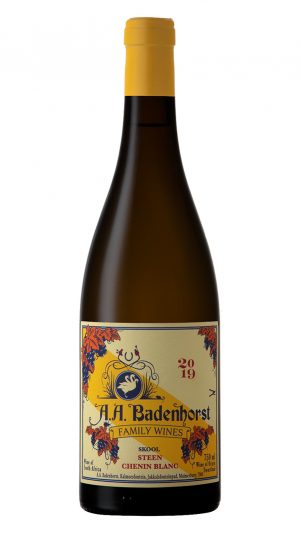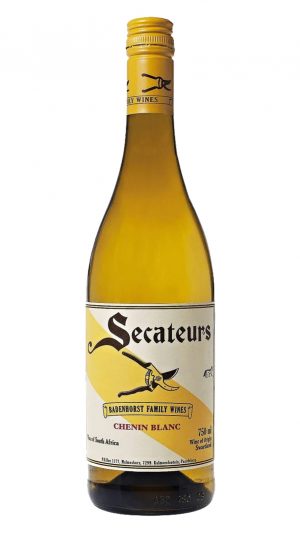Badenhorst Family White 2018
Type: White
Country: South Africa
Region: Swartland
Grape Variety: Chenin Blanc, Semillon, Roussanne, Viognier, Grenache Blanc, Palomino
Viticulture: Natural Wine | Biodynamic | Certified Organic
Climate: Warm and dry summers, cool and damp winters
Terroir: Grapes comes mostly from old vines planted between the 1950s and 1960s on hillsides with clay and decomposed granite soils
Winemaking: The grapes are immediately taken to the winery and refrigerated overnight. The next day they are pressed with the stems and the resulting must is transferred to old 1,200 and 3,000-litre foudres to begin fermentation and aging over 15 months. Finally, the wines are mixed in concrete tanks with their lees and left to rest for 6-8 months before bottling
Color: Light yellow green
Nose: Aromas of stone fruits, citrus flowers, spices and tea leaves
Palate: Complex with soft tannins and a long and enveloping flavour
About the Winery:
From three generations of winemaking stock, Adi Badenhorst was destined to be the best. Time in the Rhône, New Zealand and as a winemaker at Rustenberg polished his talent before he (along with his cousin) brought his humble vineyard in the Paardeberg complete with gnarled vines and a run-down winery. He is now one of the leading players in ‘The Swartland Revolution’, a group of pioneering young winemakers, including Eben Sadie, Chris Mullineux and Marc Kent, making wines from the amazing raw materials that are part of the Swartland’s grape-growing legacy – a legacy that dates back centuries.
There are few young winemakers in South Africa that haven’t benefitted from his mentorship. This furry-faced whirlwind can be such a big personality – one of those ‘force of nature’ types – that people forget just how brilliant a winemaker he actually is.
The winery is located on a mountain range which is a granite outcrop. Three distinctive types of granitic soil are found on this property—Paardeberg, Lammershoek and Lemoenfontein granites. The soils are extremely old and considered by many to be “low potential” as vine growth is not as luxuriant as in other areas. Yields are generally quite low, averaging 3–4 tons/ha for Chenin Blanc. No irrigation is used as the soils have the potential to store a good amount of water which slowly releases during the growing season. Rainfall is around 480mm a year, falling mainly in the winter months of May–August/September. Winters tend to be cold and wet, and leaf fall is quite sudden with the onset of Winter. Otherwise, the weather is pretty much Mediterranean.

